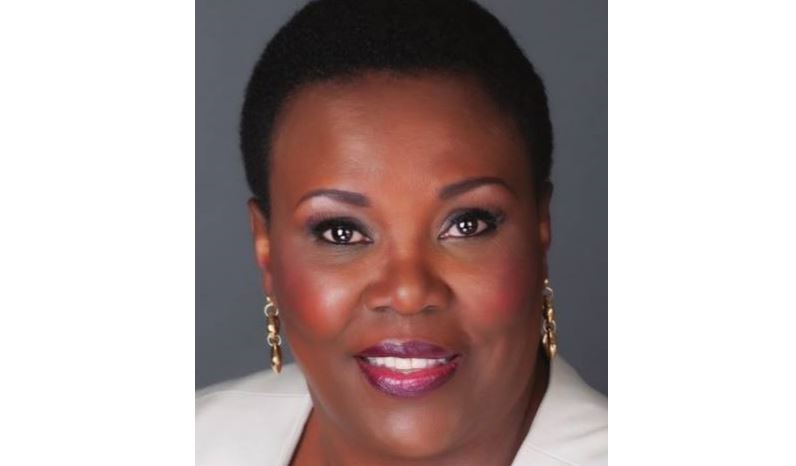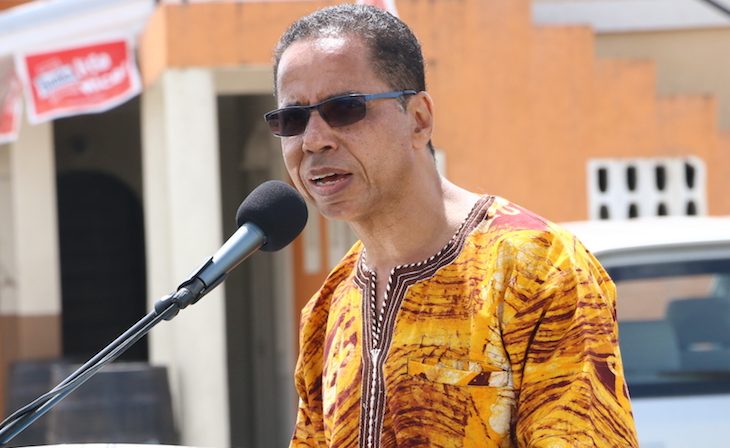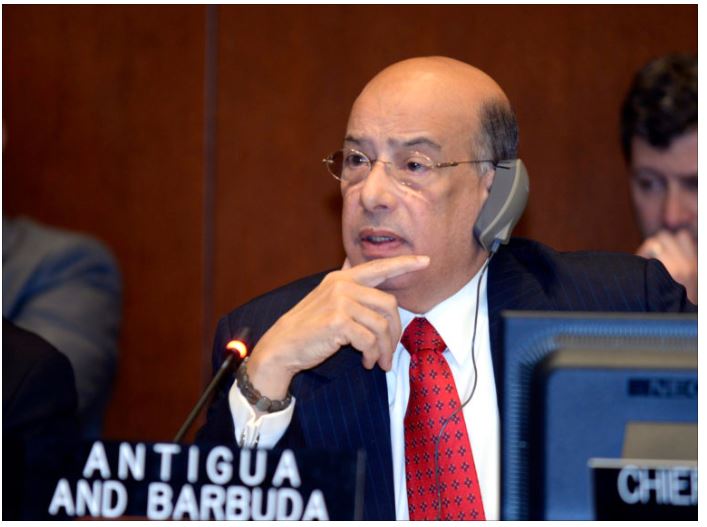How can the United Nations Sustainable Development Goals improve health and education, reduce inequality and spur economic growth while the small states of the Caribbean are responding to, and recovering from the pandemic of COVID-19?
Clearly, the Caribbean must adapt to the current changes in the international order where a cohesive foreign policy is concerned. However, the United Nations Sustainable Development Goals should also be adamant in providing “investment in research to find a universal flu vaccine” and advocate military-style tactical planning to support the frail populations in the Caribbean region as well.
Indeed, the Caribbean must also be forced to change its trade and investment preferences, as its poorly situated economies take a dive into global competition.
Still, in a new post COVID-19 era, the need for food security, gender equality and new trading partners in the small states of the Caribbean region must also strengthen the need for more operative policy resolutions within the ranks of the United Nations Sustainable Development Goals program.
According to a World Trade Organization forecast, COVID-19 would lead to a contraction in global trade of between 13 per cent and 32 per cent.” This means that as the Caribbean’s trade partialities with the EU and the United States are further being battered by an infringing international order, unilateral preferences with the EU are being replaced by a reciprocal Economic Partnership Agreement (EPA).
From here, the end yields little hope of liberalization to Caribbean-US foreign policy in terms of reciprocal trade arrangements. Manufacturing and agricultural exports, along with tourism and education are on the decline in the Caribbean because trade patterns are not developing fast enough to mitigate income and employment.
Undoubtedly, the pandemic has “put a spotlight on the need to strengthen multilateral cooperation, governance, and above all global solidarity” with the smaller states of the Caribbean. COVID-19 has subverted global economic development and led the world into a crucial global decline that impends all of the United Nations sustainable development goals.
Notwithstanding, if the United Nations Sustainable Development Goals are to address the global challenges of poverty, inequality, climate, environmental degradation and prosperity, then there must also be a global solidarity of multilateral action, with international coordination on health, social and economic policy for the small states of the Caribbean.
In this regard, the ultimate goal of the United Nations Sustainable Development Goals must also be sustainability in food security and gender equality. For this, elevating Caribbean women’s contribution and involvement at all levels of decision-making as a way to achieve food security and reassure sustainable agricultural practices in the Caribbean region stresses the importance of the coordinated multilateral actions of UN women and UN goal number 5.
Gender equality in the Caribbean should not only be listed as an important human right, but as an enforced foundation for a peaceful, affluent and sustainable Caribbean.
Ending hunger, achieving food security and sustainable agriculture and strengthening and enhancing the means of implementation and global partnership for sustainable development for all can only be accomplished when the Caribbean women are a part of that fray.
Even though it is understood, that the small states of the Caribbean must be forced to change their sustainable development to produce more financially sustainable economies, the United Nations Sustainable Development Goals must also seek to address the needs of the most vulnerable countries and communities that risk being left behind in the wake of COVID-19.
Unquestionably, the health, prosperity and opportunities for the people of the smaller states of the Caribbean are now in ruin. Health care and a battle with a new foreign policy and food security remain the biggest challenge in the Caribbean, as it tries to rebound from the COVID-19 pandemic and shape into a more resilient and comprehensive economy and society.
If the implications for the United Nations Sustainable Development Goals 2030 target are to be attained, then, the new post COVID-19 era is the ideal time for the UN Sustainable Development Goals to answer the Caribbean’s call for global and bilateral requests because it is of crucial succor. There must be wide-ranging policy discussions on multilateral solutions to ease the economic hardships of the smaller states of the Caribbean region in this narrative.
“Now is truly the time for the United Nations Sustainable Development Goals to fulfil its promise of leaving no one behind.




